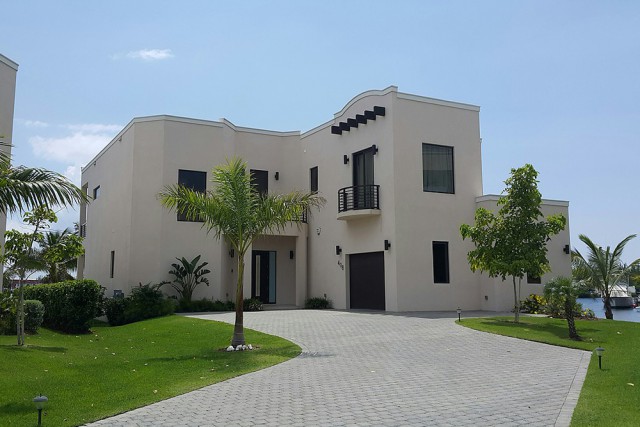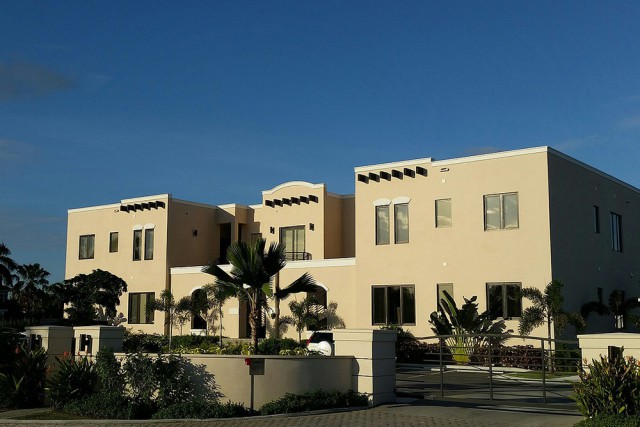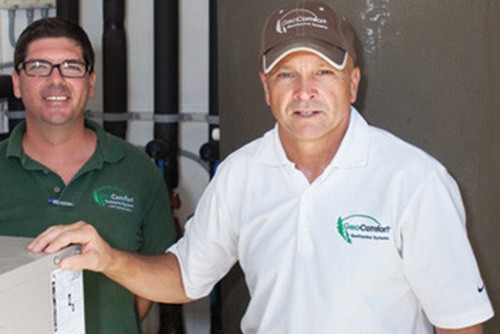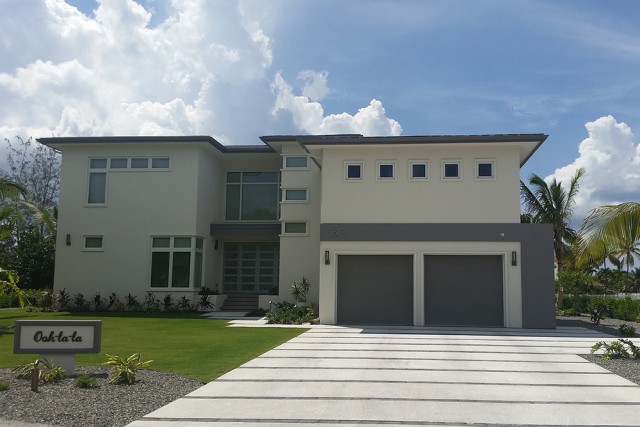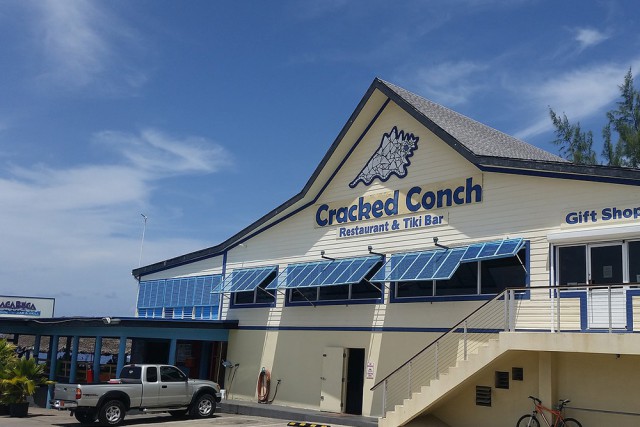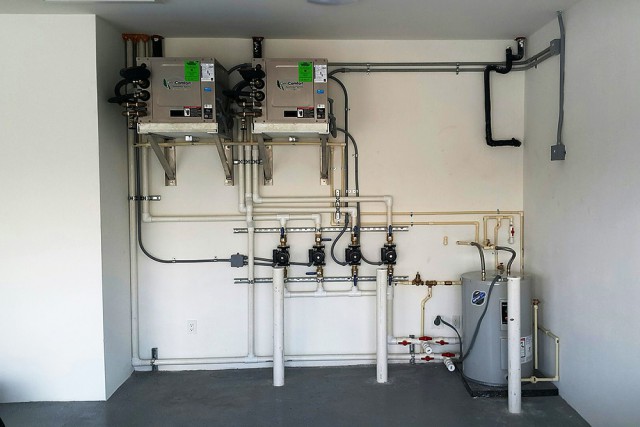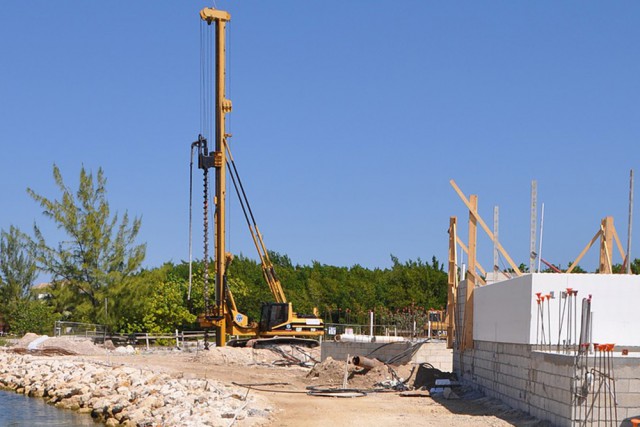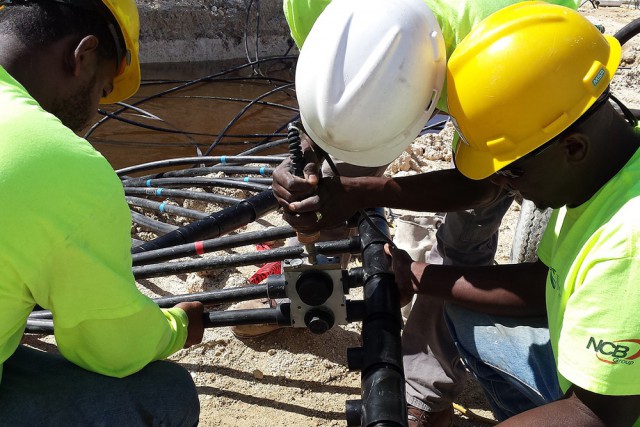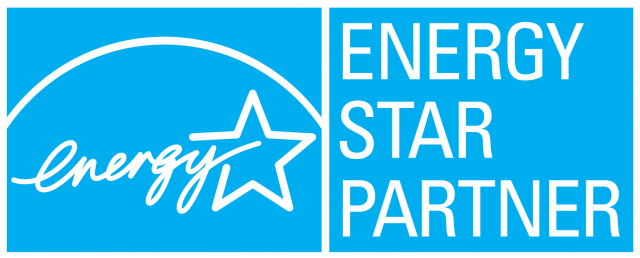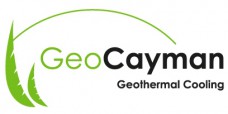


Actually, the basic "modern" technology has been around for more than 50 years and improved upon ever since. To date, over one million installations in the United States alone have allowed a significant amount of homeowners and businesses to enjoy the benefits of geothermal systems. In fact, consumers rank their comfort and satisfaction with geothermal systems higher than any other type of systems.
Your exact savings will be determined by many variables such as thermostat settings and electric rate amongst others. Most homeowners will see a reduction of 30 to 50% in their cooling costs. In the Cayman Islands, where cooling costs make up 80% this represents a signficant savings on your electrical bills!
A study by the U.S. Environmental Protection Agency showed that geothermal systems have the lowest life-cycle costs of all cooling systems currently on the market. Lower maintenace costs and longer life expectancy of geothermal units should certainly be taken into consideration when determining true savings.
According to data supplied by the U.S. Department of Energy (DOE) Office of Geothermal Technologies, nearly 40% of all U.S. emissions of carbon dioxide (CO2) are the result of using energy to heat, cool and provide hot water for buildings. This is about the same amount of CO2 contributed by the transportation sector.
A typical 3-ton residential GeoComfort system produces an average of about one pound less Carbon Dioxide (CO2) per hour of use than a conventional system. To put that in perspective, over an average 20-year lifespan, 100,000 units of nominally sized residential GeoComfort systems will reduce greenhouse gas emissions by almost 1.1 million metric tons of carbon equivalents.
That would be the equivalent of converting about 58,700 cars to zero-emission vehicles, or planting more than 120,000 acres of trees.
What mark will you leave on the Environment?
Unlike conventional air conditioning systems, GeoComfort geothermal systems use Cayman’s saturated earth and cooler ground temperatures to significantly reduce your energy consumption for cooling your home or office.
This clean, quiet technology has been called “the most energy efficient, environmentally clean and cost-effective cooling systems available today” by the Environmental Protection Agency.
With savings of up to 50% on cooling costs and an equipment life of 3-4 times longer than conventional a/c units, using a GeoComfort system is a win-win for both your finances and the environment.
GeoCayman is a division of NCB Group and was launched in 2013 due to the growing demand from consumers for more energy efficent cooling systems. With rising fuel prices and Air Conditioning accounting for 80% of electrical bills, NCB and GeoCayman joined forces to provide its clients with a solution using renewable energy. GeoCayman is the exlcusive dealer of GeoComfort Geothermal systems.
So how does this work exactly? Heat is efficiently removed from the home and transferred to the water in the vertical closed-loop system buried in the yard. This heat is easily dispersed in the cool ground water that abundantly saturates the island. The cooled loop water returns via the buried loop, back to the unit, ready to start the cycle again.
This transfer of heat to the cool ground works with superior ease compared to traditional air conditioning units of the past. Rather than forcing “heat-to hot air” like conventional A/C systems, geothermal cooling units provide the highest comfort level while using 30 to 50% less electricity.
One Capital Place, Shedden Road Grand Cayman, George Town, Cayman Islands
